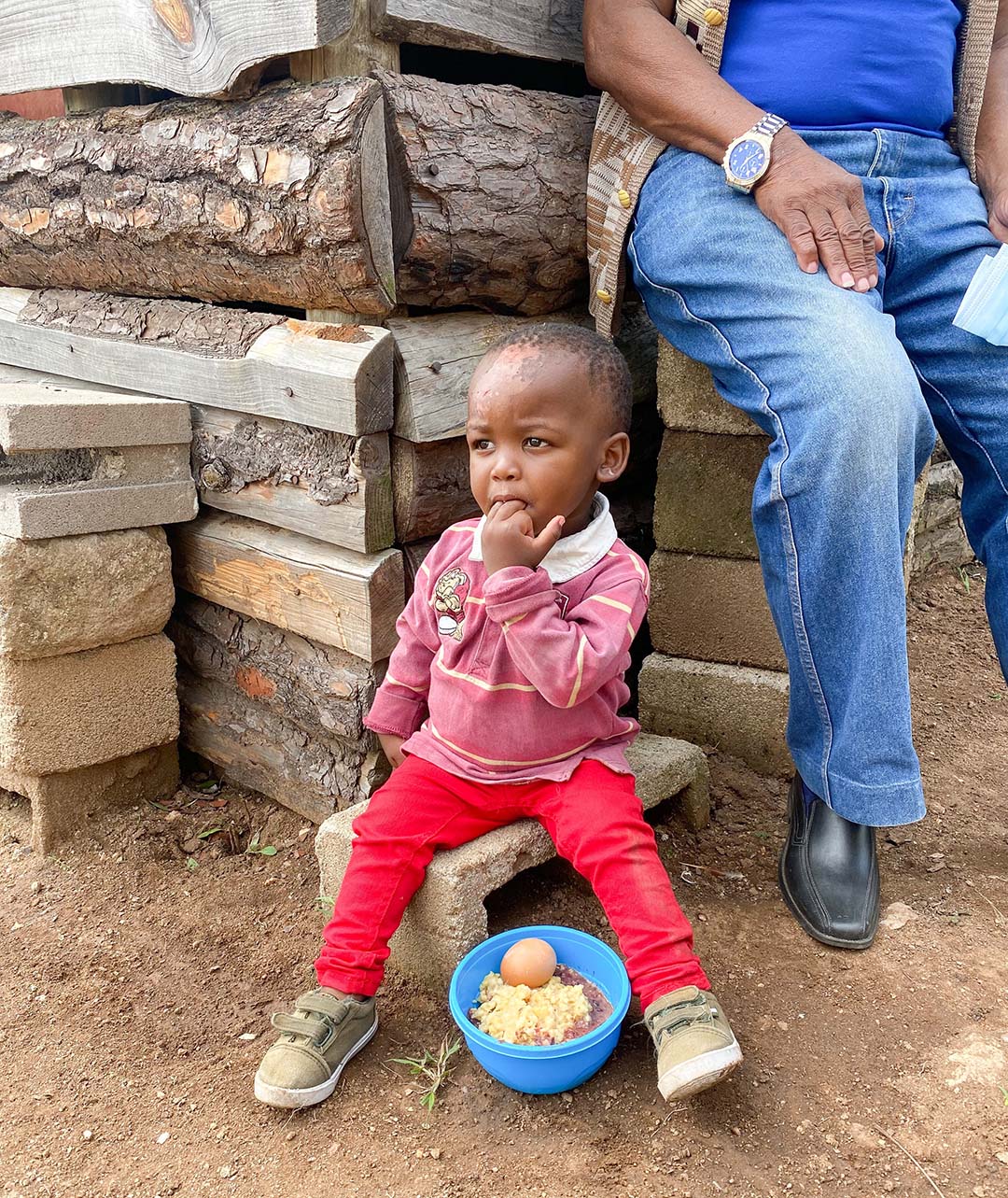Egg hub business model next step for IEF in Sub-Saharan Africa

The development of a robust and validated sustainable business model for commercially viable small professional egg farmers in Sub-Saharan Africa is a key strategy for the International Egg Foundation’s new chief executive, Cassy Price.
Many countries in the region only have an average annual per capita consumption ranging from 12-50 eggs even though there is rising consumer demand due to their high source of protein. However, at present, egg production and access is mainly centred around middle-class urban areas, resulting in large parts of the population outside of these regions being excluded from consistent access to safe, affordable eggs.
Price said the IEF has developed business hub models that will draw in and initially support small-scale commercial farmers in egg production, improving access to eggs and boosting nutrition. Funding for the establishment of the first of these hubs is currently being sought through grant funding organisations.
A working blueprint
“This first model will engage a local commercial partner to manage supply input and market access, the creation of 3 new pullet rearers and the development of 30 small scale farmers, creating a working blueprint of how the model can provide a valuable source of high-quality protein and can contribute to reducing malnutrition and be implemented in different regions.
“Our next focus is to significantly accelerate our impact through the creation of the egg hub models, which will sustainably increase egg consumption and support the entire food chain. Ensuring long-term economic viability in all our egg production projects is the key.”
It will build on the ongoing work carried out by the IEF through its Heart for Africa/Project Canaan work, which receives ongoing support from Egg Farmers of Canada. Last year statistics from Heart for Africa show:

Since 2014, the charity has worked to increase egg production and consumption on developing countries. Photo: Supplied Close to 5,500 fresh, nutritious eggs are produced every day
- 4,500 children are fed with the eggs on a weekly basis.
- Eggs distributed through a network of 30 community partners and feeding stations.
- The eggs supplement 100,000 meals to the community each month.
- 370+ children under the age of 12 call Project Canaan their home
- The partnership has seen over 11 million eggs delivered to the community since 2014.
- Each hen provides 300+ eggs each year.
- Project Canaan employs over 400+ local Swazi.
Since 2014, the charity has worked to increase egg production and consumption on developing countries, including projects in Eswatini, Mozambique, South Africa, Zambia, Zimbabwe, Kenya, Uganda and most recently Honduras.












